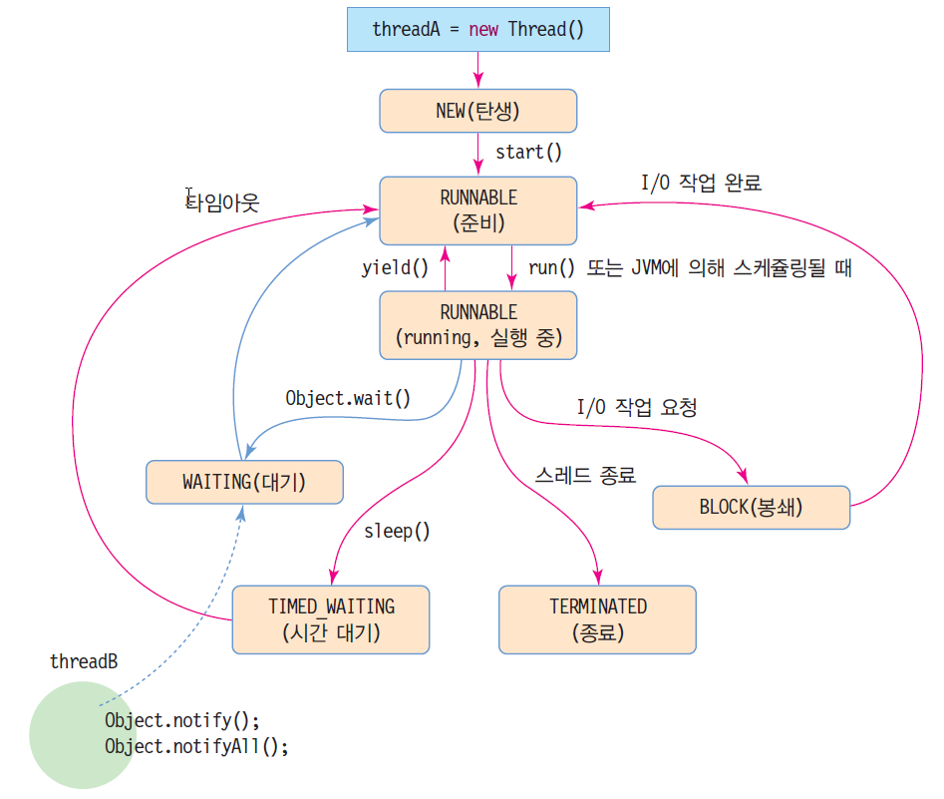We can prevent a thread from execution by using any of the 3 methods of Thread class:
- yield()
- join()
- sleep()
yield() method pauses the currently executing thread temporarily for giving a chance to the remaining waiting threads of the same priority to execute. If there is no waiting thread or all the waiting threads have a lower priority then the same thread will continue its execution. The yielded thread when it will get the chance for execution is decided by the thread scheduler whose behavior is vendor dependent (i.e., yield() can only make a heuristic attempt to suspend the execution of the current thread with no guarantee of when will it be scheduled back).
join() The current thread can invoke join() on any other thread which makes the current thread wait for the other thread to die before proceeding. If any executing thread t1 calls join() on t2 (i.e, t2.join()) immediately t1 will enter into waiting state until t2 completes its execution.
sleep() method can force the scheduler to suspend the execution of the current thread for a specified period of time as its parameter.




